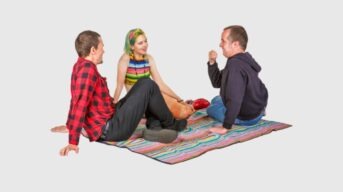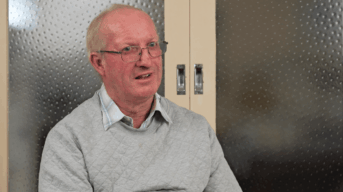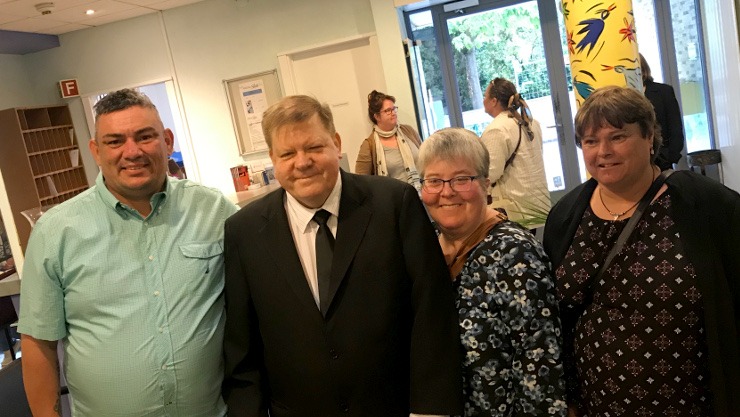
Australia is a revolution
A United Nations committee was impressed by the ‘revolutionary’ inclusiveness of Australia’s delegation at a recent international meeting on disability rights.
Rachel Spencer our Senior Manager Inclusion Projects, reports.
I was recently in Geneva, Switzerland, with the Australian delegation reporting to the United Nations (UN) on how Australia is meeting it commitments under the Convention on the Rights of Persons with Disabilities (CRPD).
Robert Martin, a member of the UN Committee on the Rights of Persons with Disabilities, said “Australia is a revolution” for including people with intellectual disability in our civil society delegation.
He said “I want to thank Australia’s civil society for their reports and briefing us on the situation of persons with disabilities in Australia. I would also like to thank Australia for bringing people with intellectual disability to this role. Not enough countries do this. So I tip my hat to Australia.”
Robert is the first person with intellectual disability to be a member of the UN Committee. He is a real trail-blazer. So thank you, Robert, for leading the way in international advocacy. We tip our hat to you!
Reporting on disability rights in Australia
At the Geneva meeting, the Australian government reported to the UN about how well they are implementing the Convention on the Rights of Persons with Disabilities (CRPD).
Civil society also got to report on disability rights in Australia. Civil society includes people with disability and their representative organisations.
Council for Intellectual Disability (CID) helped prepare the civil society report. We helped ensure people with intellectual disability had their voices heard, and were included in the conversation about how to make things better.
Once the report was written, we made a plan English version. View the civil society reports.
How well is Australia doing?
The civil society delegation had lots of things to tell the UN Committee.
Representatives with disability talked about issues and shared their personal stories about
- Accessing the NDIS and struggles people have with it.
- Institutions, including group homes, continuing to be built and restrictive practices not being in line with the CRPD.
- Health of people with intellectual disability.
- Inclusive education, opportunities for employment.
- The rights and challenges of parents with disabilities.
- The importance of access to information in all areas of life including health, transport and the justice system.
The Australian Human Rights Committee also reported to the UN.
Ben Gauntlett, our Disability Discrimination Commissioner, highlighted three areas of human rights abuse
- The lack of equal legal capacity of some people with disability and the need for a new supported decision making law and system.
- Indefinite detention of people with disability in prisons and other places.
- Forced sterilisation and medical treatments of people without their full consent.
Ben also said that the National Disability Strategy does not properly protect and promote the rights of people with disability, or do enough to encourage inclusion of people with disability and their organisations. He challenged the Australian government to report back to the Committee on how it plans to improve the Strategy.
It was so important to have the voices of people with disability heard at the review. There have been some improvements in disability rights in Australia over recent years, but the issues raised by civil society delegates showed that there is still much to do.
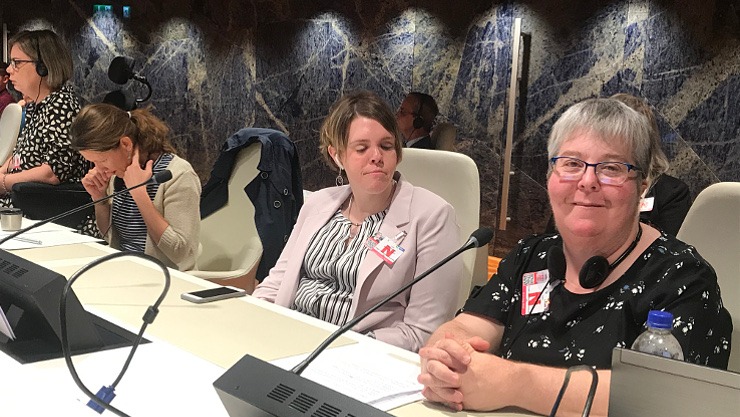
What is next?
The UN Committee will write recommendations on how the Australian government can better protect and promote the rights of people with disability in Australia.
It is then up to us all to make sure their report has an impact, rather than sit on the shelf and gather dust. We can use the Committee’s recommendations in our advocacy work and to continue to educate people about their rights.
CID will create an Easy Read version of the Committee’s recommendations. Sign up to our eNews to find out when it is available.
We look forward to continuing to work with other civil society organisations, the Australian Human Rights Commission and the Australian government to ensure people with disability are fully included in society and living a good life.
Everyone has the right to a good life!
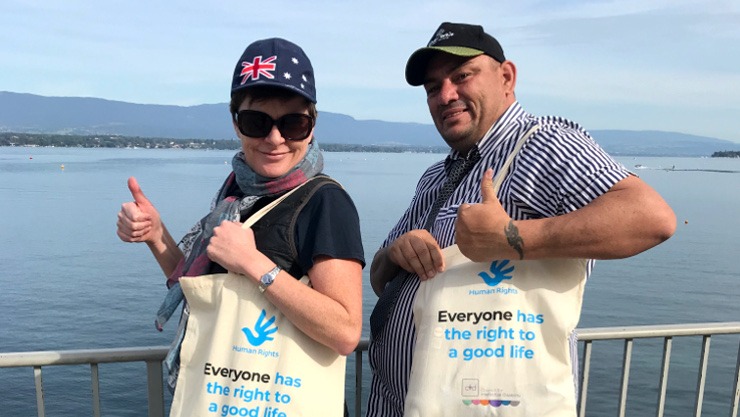
About the meeting
The Convention on the Rights of Persons with Disabilities (CRPD) is an international law that protects and promotes the rights of people with disability.
Australia signed up to the CRPD, which means
- New laws created must be in line with the CRPD.
- Old ways of doing things need to change to be in line with the CRPD.
- The government has to report to the UN Committee on the Rights of Persons with Disabilities on how they are doing at implementing the CRPD.
Civil society – which includes people with disability and their representative organisations – are also encouraged to report and share experiences of life in Australia for people with disability.
Australia’s Attorney-General’s Department provided funding for a civil society report to be written, and the Department of Social Services provided funding for delegates to attend the review in Geneva.



 1800 424 065
1800 424 065 











